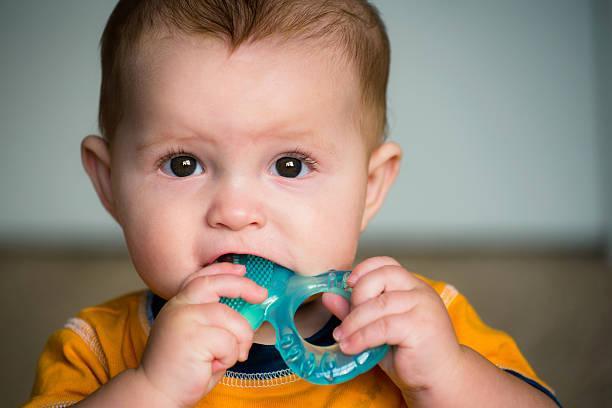Teething is a normal part of a baby's development that can be both exciting and challenging for parents.
It is the process of teeth emerging from the gums and can cause discomfort and irritability in babies. Babies usually start teething between 4 to 7 months old, although it is possible for some babies to start earlier or later. The first teeth to emerge are typically the two bottom front teeth, followed by the top front teeth. By the time the baby is 3 years old, they should have a full set of 20 baby teeth.
It is important to note that every baby is different and may experience teething differently. Some babies may have few or no symptoms, while others may experience more discomfort. Signs that a baby may be teething include excessive drooling, chewing on objects, irritability, disrupted sleep patterns, and a low-grade fever.
How to Soothe a Teething Baby
To help soothe a teething baby, parents can offer a cool and clean teething toy or a wet washcloth for the baby to chew on. Massaging the baby's gums with a clean finger can also provide some relief. Over-the-counter pain relievers specifically made for babies may also be used, but it is important to check with a healthcare provider before administering any medication.
It is also important to continue good oral hygiene practices even before the baby has teeth. Parents can wipe the baby's gums with a clean, damp cloth after feedings and before bedtime. Once the baby's teeth emerge, they should be brushed twice a day with a soft-bristled brush and water.In some cases, a baby's teething symptoms may be more severe, and it is important to consult with a healthcare provider if there are concerns. Additionally, if a baby has not started teething by 12 months old, a healthcare provider should be consulted.
Teething is a normal part of a baby's development, and with proper care and attention, parents can help their babies through this sometimes uncomfortable process.










